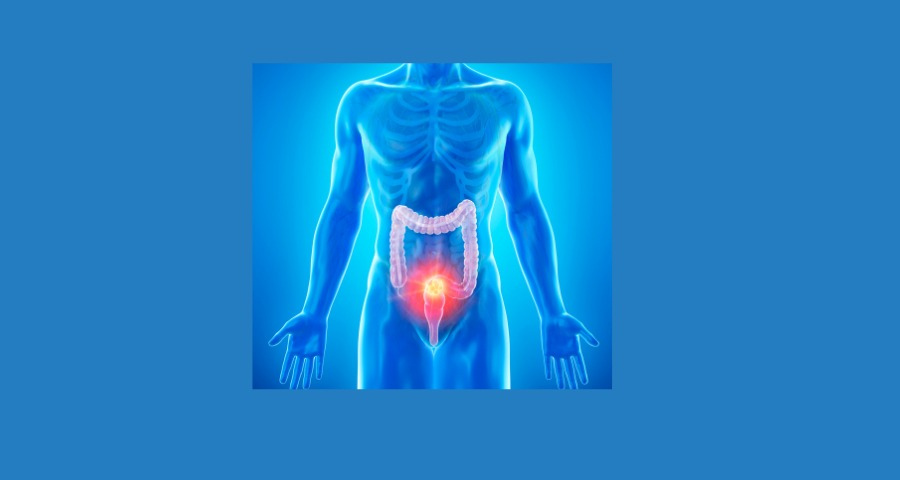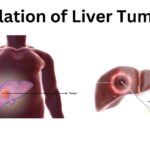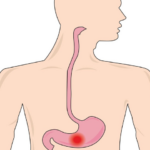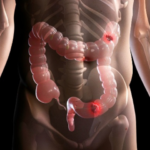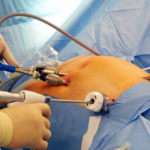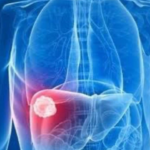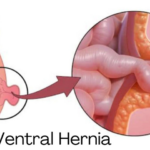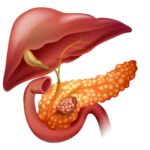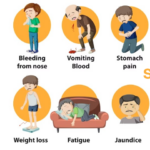Rectal Cancer
The incidence of Rectal cancer is increasing in our country.
Rectal cancer and colon cancer are often grouped and called colorectal cancer. Rectal and colon cancers have similar characteristics, but their treatments differ greatly. This is mainly because the rectum is located in the narrow confines of the pelvis related closely to other organs and structures.
Rectal cancersymptoms
Rectal cancers frequently show no symptoms. However common symptoms of rectal cancer may include the following:
- Blood in Stools
- Diarrhea.
- Irregular bowel movements.
- Sudden change in your bowel habits.
- Tiredness.
- Abdominal pain.
- Unexplained weight loss
Certain risk factors increase the chances of developing the disease. These include:
- Slightly higher in men above 45years
- If a family member has been diagnosed with this condition, your chances of being affected are nearly doubled.
- Inflammatory bowel diseases like Crohn’s disease and ulcerative colitis.
- Smokers are at higher risk compared to non-smokers.
- Consuming more processed meat is associated with an increased risk of developing rectal cancer
- Individuals with obesity are more susceptible compared to those who maintain a healthy weight.
Regular colorectal screenings from the age of 45 are recommended by Dr. Srikanth Gadiyaram, a highly experienced gastroenterologist with over 20 years of expertise. Individuals at a higher risk of rectal cancer should consider more frequent screenings.
Diagnosing Rectal Cancer
- Colonoscopy
- Magnetic Resonance Imaging.
- Multidetector CT scan
- PET-CT scan
- Assay for Carcinoembryonic Antigen (CEA).
Treatment Options
I) Surgery
When rectal cancer is detected at any stage, surgery is the first line of defense. The cancer is removed using one of the following types of surgery:
- Colonoscopy: – Usually removes polyp
- Local excision is performed to remove the cancerous growth along with a small portion of surrounding healthy tissue. This may be possible in early and small lesions.
- Surgical removal: When the cancer has spread to the rectal wall, the affected part of the rectum and nearby healthy tissue are surgically removed.
- Pelvic exenteration: – Entails the extraction of the lower colon, rectum, and bladder, if cancer has already spread
- Surgical removal of liver metastasis is done in conjunction or as a later staged operation
II) Radiation therapy
High-energy X-rays or other radiation are used to eliminate cancer cells. External radiation therapy uses a machine placed outside the body to accurately target cancer cells with radiation. Preoperative radiation therapy is utilized in certain cases of rectal cancer.
III) Chemotherapy
Chemotherapy includes oral, intravenous, and muscle injections. These methods are systemic chemotherapy because drugs can target cancer cells in the blood. Regional chemotherapy targets abdominal cancer cells in cerebrospinal fluid, organs, or cavities.
IV) Targeted therapy
It is a treatment method that utilizes drugs or substances to identify and combat particular cancer cells precisely. Like Laboratory-made monoclonal antibodies and Immunotherapy
For more information on rectal cancer, call Sahasra Hospital at 8880837000 or 98801105829 to schedule a consultation.

